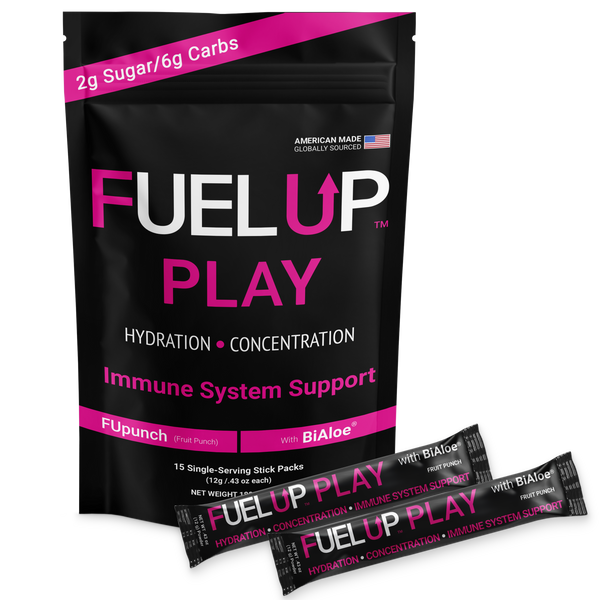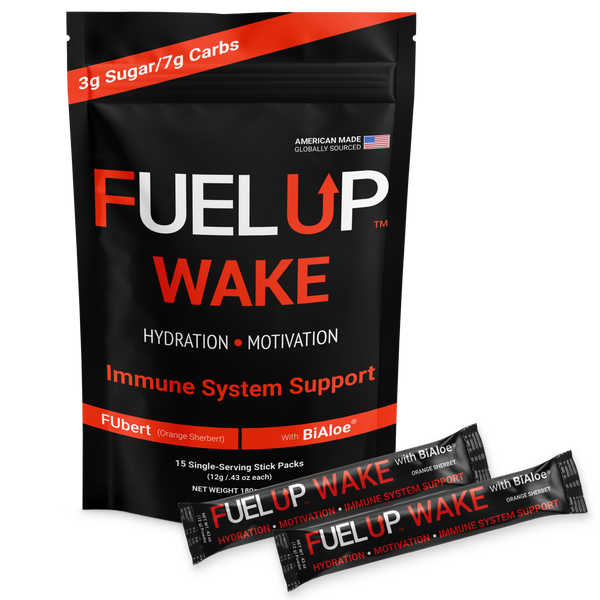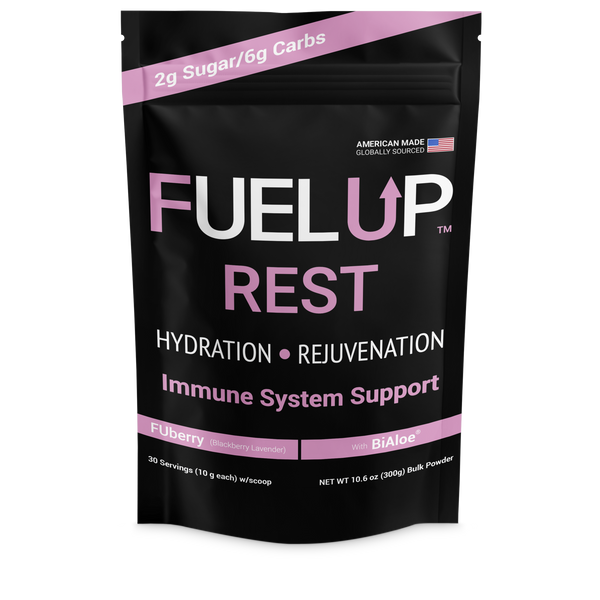We all recognize the importance of drinking water, especially when striving for better health, athletic performance, or faster recovery. But focusing on hydration alone can sometimes overlook an equally vital factor: getting enough vitamins and minerals to support your body’s demands. Whether you’re hitting the gym, running trails, or engaged in daily routines, your body may be sending subtle signals that it needs more than just water. Understanding and recognizing these signs can empower you to make informed choices for lasting wellness.
The Hidden Signals: Beyond Thirst
Thirst is the body’s primary alarm for dehydration, but staying hydrated is about much more than topping up fluids. Your body uses a sophisticated network of vitamins and minerals (micronutrients) to manage everything from muscle function and nerve signaling to immune defense and energy production. When these levels dip—sometimes due to sweat loss, high activity, or dietary gaps—you may experience the following common, but easily overlooked, signs:
|
Sign |
What It Might Mean |
|
Persistent fatigue |
Possible magnesium or iron deficiency affecting energy metabolism |
|
Muscle cramps |
Low sodium, potassium, calcium, or magnesium levels interfering with muscle contraction |
|
Brain fog |
Vitamin B12, folate, or mild dehydration impacting cognitive function |
|
Dry skin and lips |
Insufficient water, vitamin A, or zinc restricting tissue repair |
|
Heart palpitations |
Imbalanced electrolytes influencing cardiac rhythm |
These symptoms can be mistaken for just "having a tough week" or not getting enough sleep. Understanding that these could relate to hydration and micronutrient status is the first step toward proactive self-care.
Everyday Life: Why Imbalances Happen
Active individuals lose not only water but also precious electrolytes and micronutrients through sweat. High-intensity exercise, hot environments, and restrictive diets further increase your need for minerals like sodium, potassium, calcium, and magnesium. At the same time, vitamins (B, C, D, etc.) may become depleted due to metabolic demands or limited dietary variety.
Factors that influence your needs:
-
Workout intensity and frequency: More sweat, higher turnover of nutrients
-
Heat and humidity: Amplified fluid and mineral loss
-
Diet patterns: Vegetarian, vegan, or low-calorie diets may lack specific nutrients
-
Life stressors: Illness, travel, and long workdays increase requirements
How to Spot and Address Imbalances
Understanding what’s “normal” for your body and routine can help you recognize early signs of deficiency. If you notice recurring symptoms, consider these practical actions:
-
Track your fluid intake—but also your overall nutrition.
-
Add a variety of fruits, vegetables, whole grains, and lean proteins to daily meals; these supply essential vitamins and minerals.
-
Monitor signs like muscle cramps, persistent fatigue, or dizziness after workouts or in heat.
-
Don’t ignore subtle cues such as slower recovery or drops in mental sharpness.
If symptoms persist despite good hydration and nutrition habits, seek advice from a healthcare or nutrition professional.
Supporting Your Whole-Body Hydration
True hydration is about more than water—it’s a balance of fluids, electrolytes, and micronutrients working together for optimal energy, performance, and well-being. For those seeking convenient support, options like Fuel Up Hydration can help address both fluid and micronutrient requirements. By paying attention to your body’s everyday signals and choosing well-rounded solutions, you empower yourself on the path to lasting wellness.





